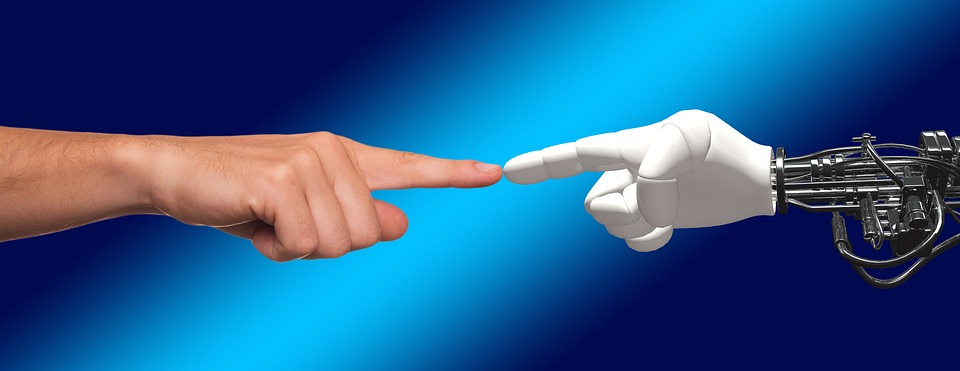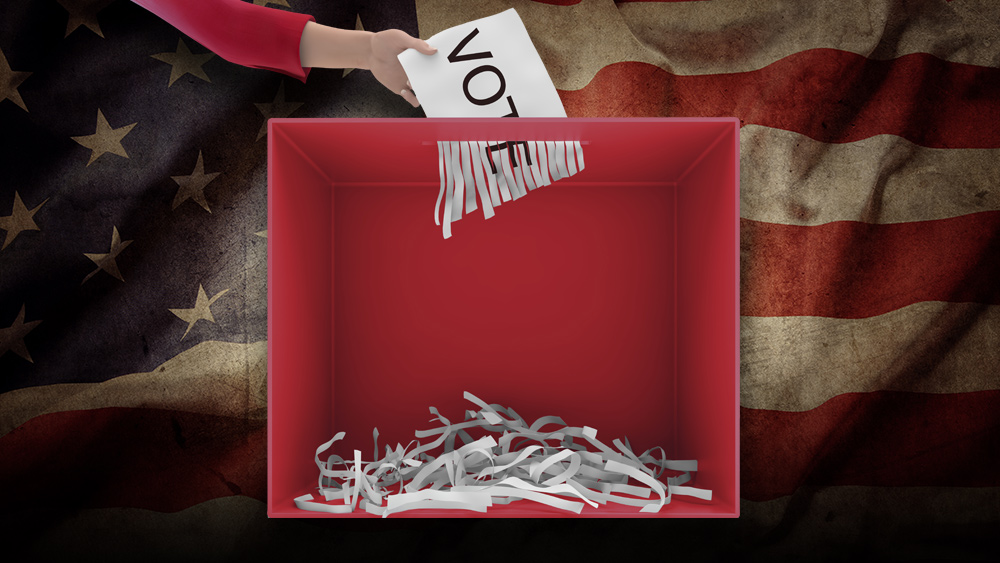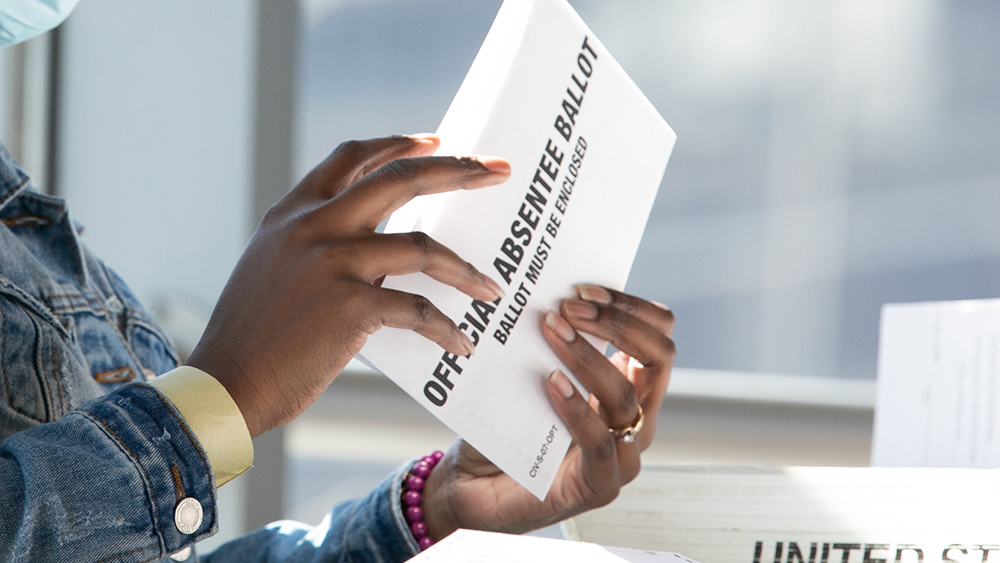
Advertisement
Artificial intelligence may soon become a complete entity of its own and may even share fundamental rights with humans, according to Christopher Markou, a PhD candidate at the Faculty of Law at the University of Cambridge in the U.K. In an opinion piece, Markou argued that the 21st century will not only give rise to technological advancements — such as artificial intelligence, robotics and cognitive neuroscience — but will also focus on ways to efficiently manage these innovations. While the prospect of an AI-centric future remains in obscurity, people will eventually have to face its possibility, Markou added. The AI of the future could even one day impact the entire electoral process.
Is artificial intelligence slowly creeping its way to personhood?
The human race has upped its card as a way of coming to terms with the proliferation of robotics and AI in the future. The European Parliament, for example, is clearly making strides in ushering an AI-centric future, Markou cited. The European Parliament in February voted 17-2 in support of drafting a set of regulations to oversee the development and use of robotics and artificial intelligence. The draft proposal includes a preliminary guidance on “electronic personhood,” which would discuss the rights and obligations for the most advanced AI.
The topic of electronic or robot personhood continues to be a debatable topic, with an article even calling out the concept as a dangerous idea. British news firm The Guardian argues that the European Parliament’s recent decision to draft an electronic personhood guidance for AIs and robots can be compared to that of corporate personhood. According to the article, approving the rules governing electronic personhood may play to the advantage of only a few, as makers of AI will only have to “adjust” their machines to optimize this opportunity. Granting robots fundamental rights may lead to unpredictable dilemmas in societal decision-making processes such as voting and sitting on a jury, the article stated.

The European Parliament’s draft on electronic personhood also shows potential areas of oversight, including:
- The legal definition of “smart autonomous robots”
- A registration system for the most sophisticated AI
- Mandatory insurance plans to cover damages and harm caused by robots
- The formation of a European body that governs AI and robots
The draft also touched base on the possibility of massive unemployment resulting from widespread automation of various industries that turn to AI and robots for production. The draft calls for a serious assessment of a universal basic income scheme, which was eyed as a key solution to minimize the effects of massive automation on human employment.
AI debacle: The complex robot-human interaction
In his opinion piece, Markou cited that the harmonious coexistence of humans and out future robotic copies remains to be seen. Despite its positive potential, the optimized adoption of AI may rather complicate traditional human interactions and processes. Undertaking contracts, for example, may prove absurd as certain correspondences — such as names, parentage and properties — should be clarified and distinguished between real humans and robotic copies. Markou also stressed on the dilemma of imposing sanctions on robot rights. If robots were embedded with certain human qualities — dreams, experience, fears and frailties — on which ground do regulators deny robotic copies their rights?
The proliferation of AI may also greatly impact future elections, Markou added. When taking robotic copies into consideration, Markou argued whether a copy’s vote should count as one valid vote, or just a fraction of the human’s vote. He also stressed whether voting rights could be transferable to the robotic copy when the human passes away. Markou also touched base on the possibility of “ballot box stuffing,” if richer politicians were to buy entire voter bases containing multiple robotic copies.
Sources:
Submit a correction >>
This article may contain statements that reflect the opinion of the author
Advertisement
Advertisements















